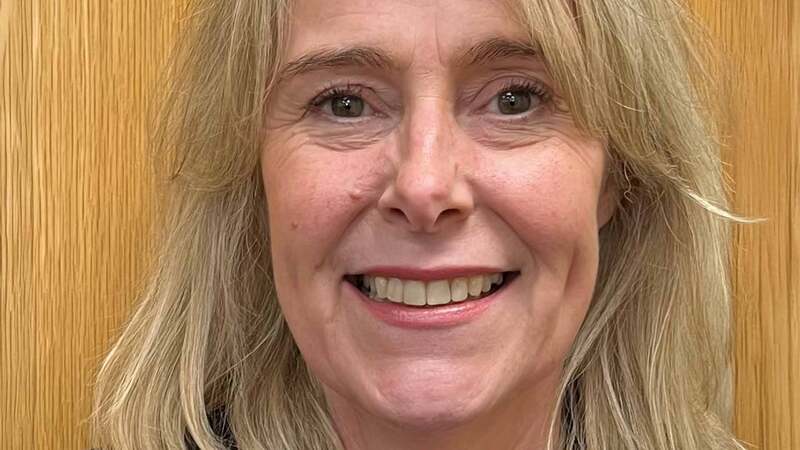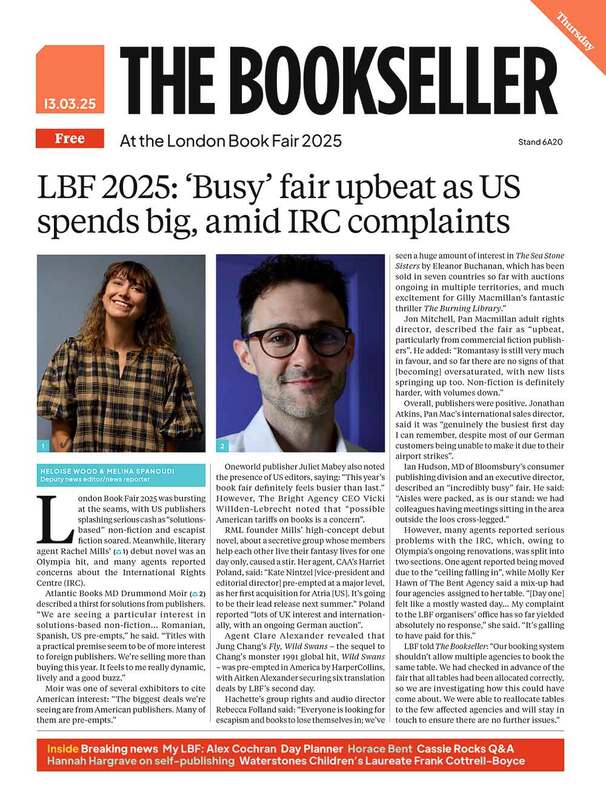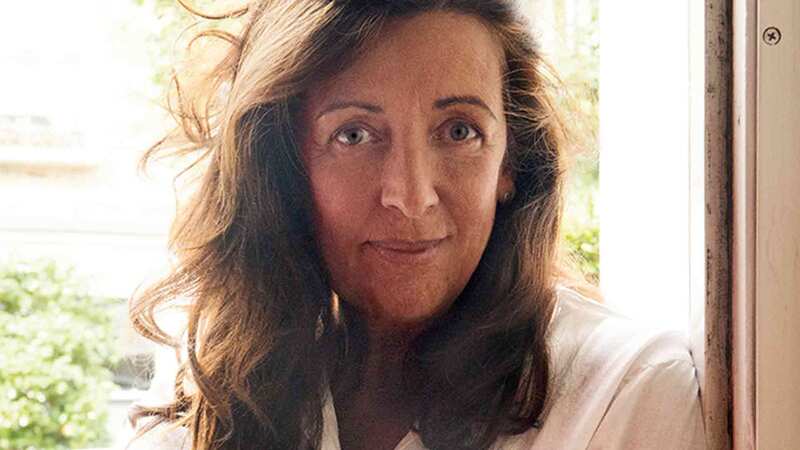You are viewing your 1 free article this month. Login to read more articles.
Scottish Library and Information Council urges against 'salami' style cuts to libraries
Alison Nolan, chief executive officer of the Scottish Library and Information Council (SLIC), has called on policy-makers to invest in libraries and avoid the “slow, salami-slicing" style of cuts.
In an open letter circulated on Monday (10th February), Nolan writes: “Did you know that over the past decade, 53 public libraries across Scotland have closed their doors for good – without replacement?”
She described how these libraries “ignite a lifelong love of reading from early years, and which serve as warm, welcoming spaces where everyone is welcome without any expectation to spend”.
Nolan has written to council leaders across Scotland “before crucial budget decisions are made for the next financial year, to remind them what investment in public libraries truly means”.
The SLIC, which is the advocacy body for Scotland’s network of over 500 public and mobile libraries and is urging “those considering cuts to their library services to think again”.
Nolan added: “It’s no secret that the cultural sector is under unprecedented pressure, but the narrative that austerity measures justify these cuts is shortsighted. This isn’t just a story of diminishing buildings and bookshelves; it’s a story of lives disrupted.”
These closures are deeply felt because libraries represent so much more than the sum of their parts. Public libraries remain the most popular service local government delivers. Closing these doors means cutting off opportunities – a cost far greater than any savings achieved.
Suffolk Libraires suggested there was £6.95 return of economic benefit for every £1 invested through improved literacy, better mental health and stronger communities.
“The troubling trend of closures and cuts to library services across the country all too often disproportionately affects rural communities, exacerbating existing inequalities by stripping away vital access to education, digital resources and safe spaces for social interaction,” Nolan writes. “For these communities, libraries are not a luxury but a necessity.
“Ask yourself: where else can citizens turn for support with their health, finances and employment? Libraries do it all under a single roof. They make real change to people in communities right across the country and play a central part in how local councils brings about change.”
She emphasised the important role libraries played in preventative health as well as free access to PCs, wi-fi and digital support for a range of essential services, and fostering social cohesion by hosting a diverse range of community events.
“As cuts and closures loom across the country, we’re urging local decision-makers to prioritise sustainable investment in libraries,” she said. “Cutting library budgets is a false economy... The slow, salami-slicing effect that has been seen over recent years, with opening hours cut – decreasing by 13%, on average – budgets slashed and staffing numbers reduced is felt across communities, with one in three voicing fears that their whole service is at risk.”
Nolan spoke of the long-term impact. “No other community asset can deliver the vast economic and social benefits that a thriving public library service can, and so we would urge decision-makers to prioritise investment in their communities. Anything less would be a failure we cannot afford.”





















